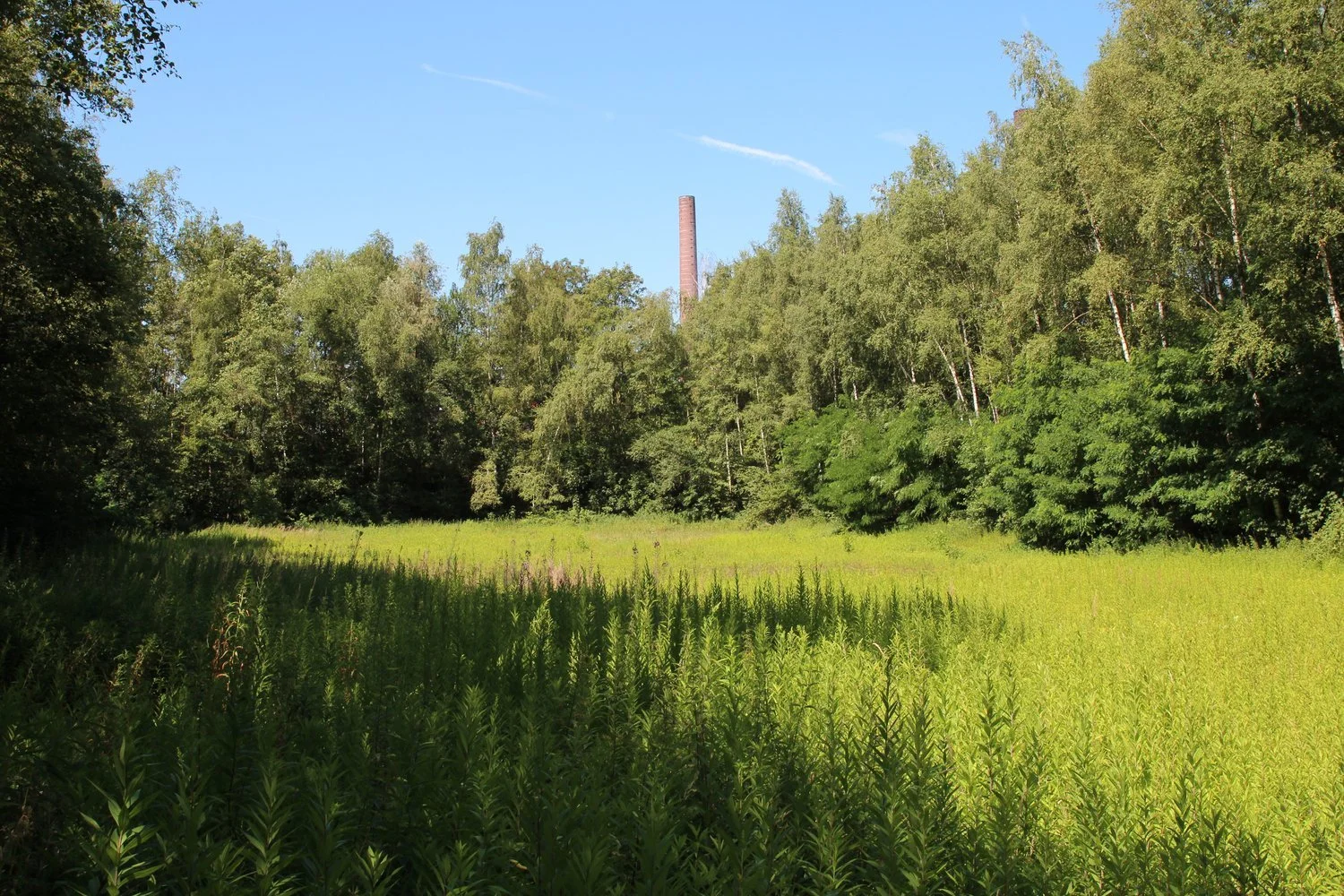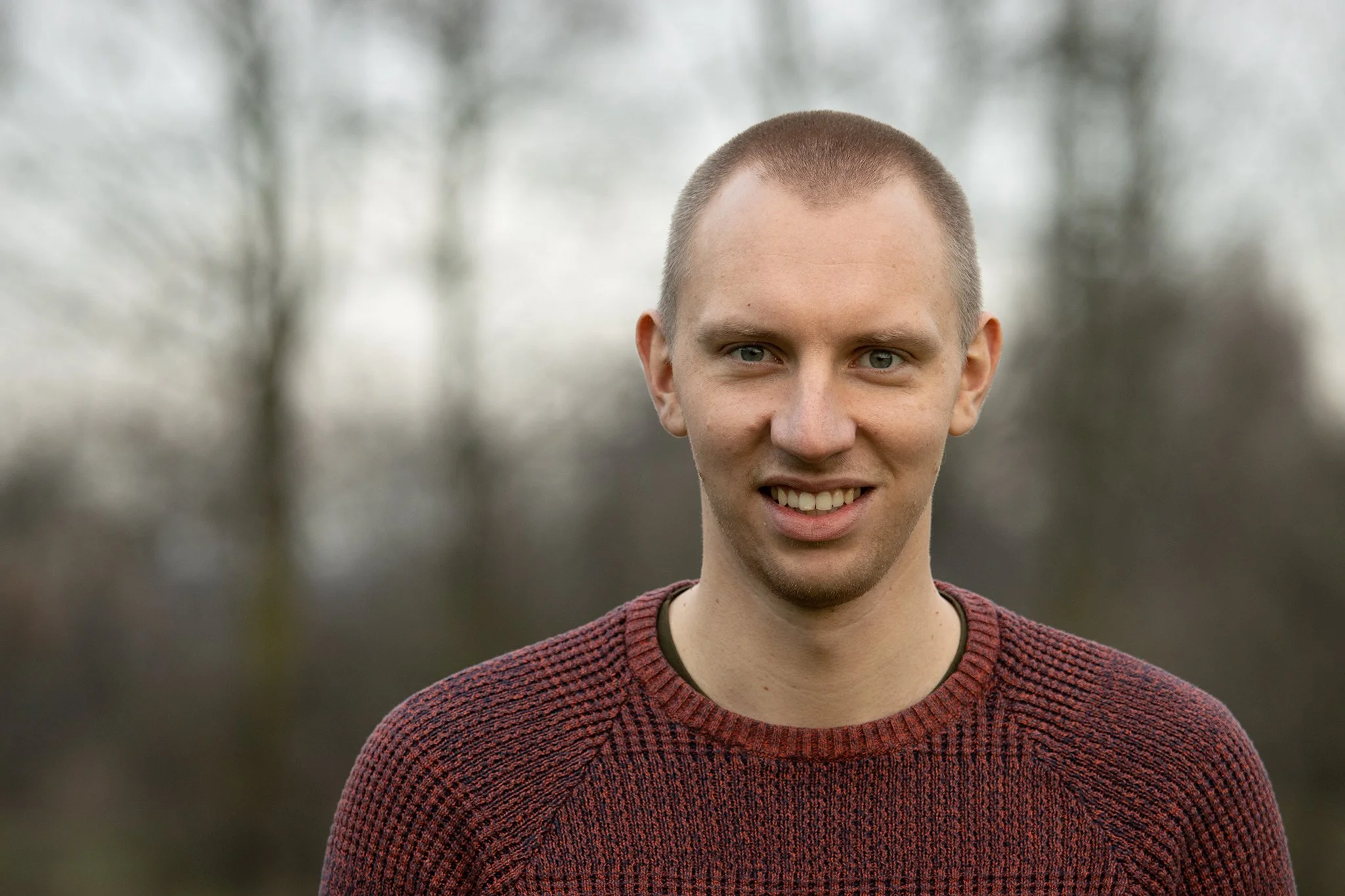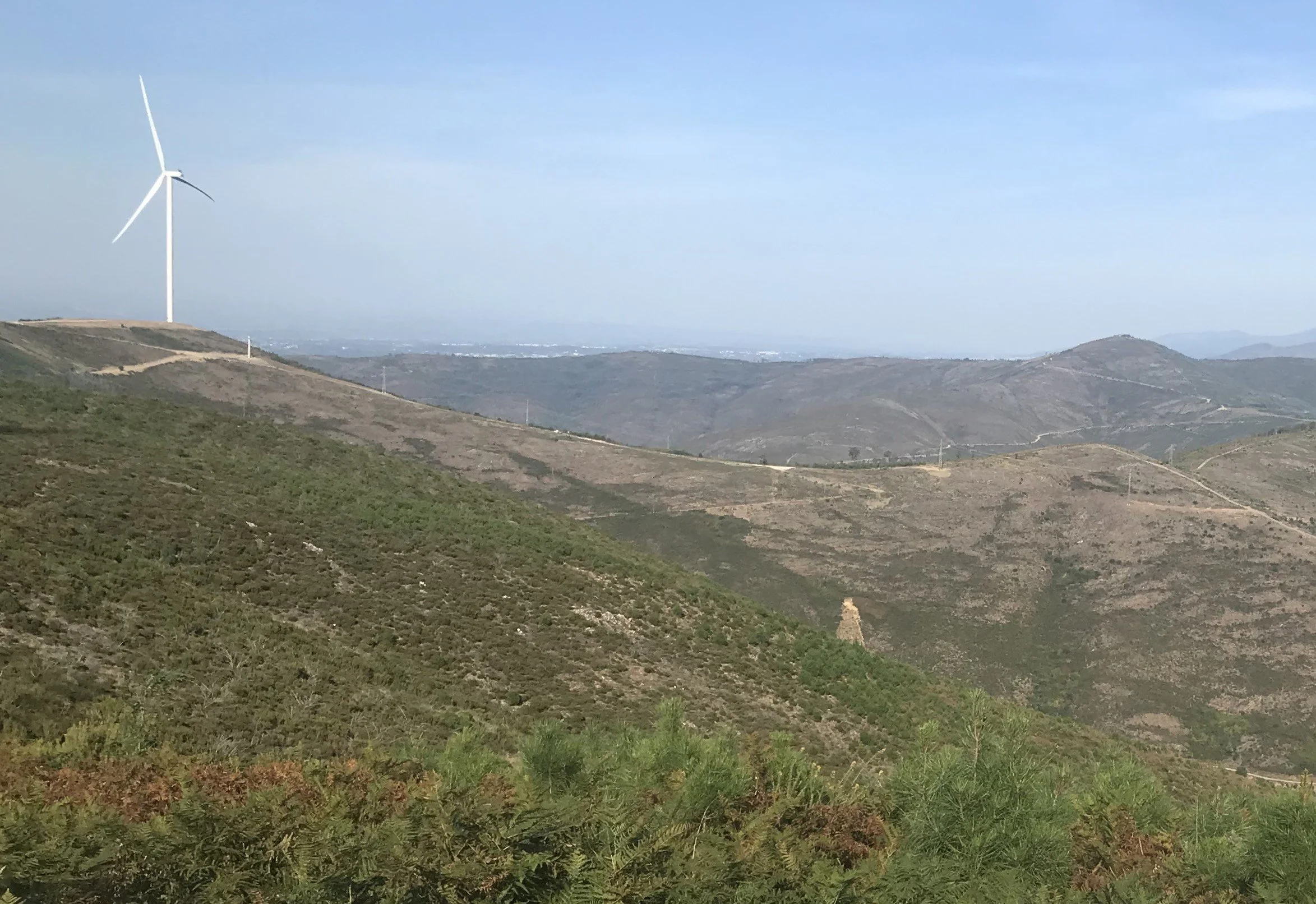
Ruhrgebiet
The Ruhrgebiet case study in Germany is made up of five different sites, each with different owners and cooperation partners.
All the sites are characterized by natural forest regrowth after a history of heavy industrial use and mining. The terrain itself is “artificial” in the sense that it is formed by, among others, slag heaps, pithead stocks and brown fields.
In part, specific conservation measures are applied to maintain open habitats. After wildE, the partners hope they can safeguard the areas for further natural development, and possibly increase them.
Challenges
The Ruhr area is a highly urbanized metropolitan region with high population density and major structural changes in recent decades. It is characterized by a complex and multi-layered heavy industrial history, population and settlement structure.
In this challenging environment, the study aims to examine the attitudes and perceptions of the affected stakeholders in order to identify hurdles for and derive opportunities for increasing acceptance of urban rewilding.
Research
Research activities in the Ruhrgebiet case study will involve local actors in interviews and stakeholder workshops to explore the social dynamics of this rewilding case, focusing on an institutional analysis of local policies as well as the tensions between different land use views and possible conflicts arising around rewilding.
Meet the Team
-

Peter Keil
Peter Keil is the managing and scientific director of the Biologische Station Westliches Ruhrgebiet in Oberhausen, Germany. He is engaged in the case study Ruhrgebiet. His main areas of work are nature conservation & urban biodiversity, ruderal vegetation and adventitious flora, Flora and vegetation of industrial, mining and railway wastelands (industrial nature).
-

Ravi van de Port
PhD candidate at Wageningen University working on the social dimensions of rewilding, related to conflicts and conflict mitigation and management strategies in task 2.3 of the wildE project.
-

Georg Winkel
Co-leader of the work package ‘Rewilding Baselines’ (WP1) and leader of Task 2.3 as well as a scientific partner for the German Case Study Westliches Ruhrgebiet. He is a professor and chairholder of the Forest and Nature Conservation Policy Group at Wageningen University. He works on forest and conservation policy and is interested in interdisciplinary collaboration which in his opinion holds great potential to advance our understanding of increasingly pressing land use and environmental issues.
-

Michael Wachsmann
Michael Wachsmann is a researcher at the Biologische Station Westliches Ruhrgebiet in Oberhausen, Germany. He is engaged in the case study Ruhrgebiet. He works on industrial nature and biodiversity in urban areas, GIS-based analyses and population surveys of amphibians and fish.
Case studies
-

Coillte
Managed by Coillte, an Irish state-owned commercial forestry business.
-

Gelderse Poort
Managed by Staatsbosbeheer, the Dutch government organization in charge of management and conservation of forests.
-
Antarr
Managed by Sustainable Productive Forests company Antarr
-

Sabor
Managed by CIBIO, the Portuguese Research Centre in Biodiversity and Genetic Resources.
-

Sveaskog
Managed by Sveaskog, a Swedish, state-owned forest owner.
-

Tatras
Managed by the Slovakian National Park of High Tatras (TANAP).
-

Barcelona Metropolitan Region
Managed by CREAF Ecological and Forestry Applications Research Centre.



